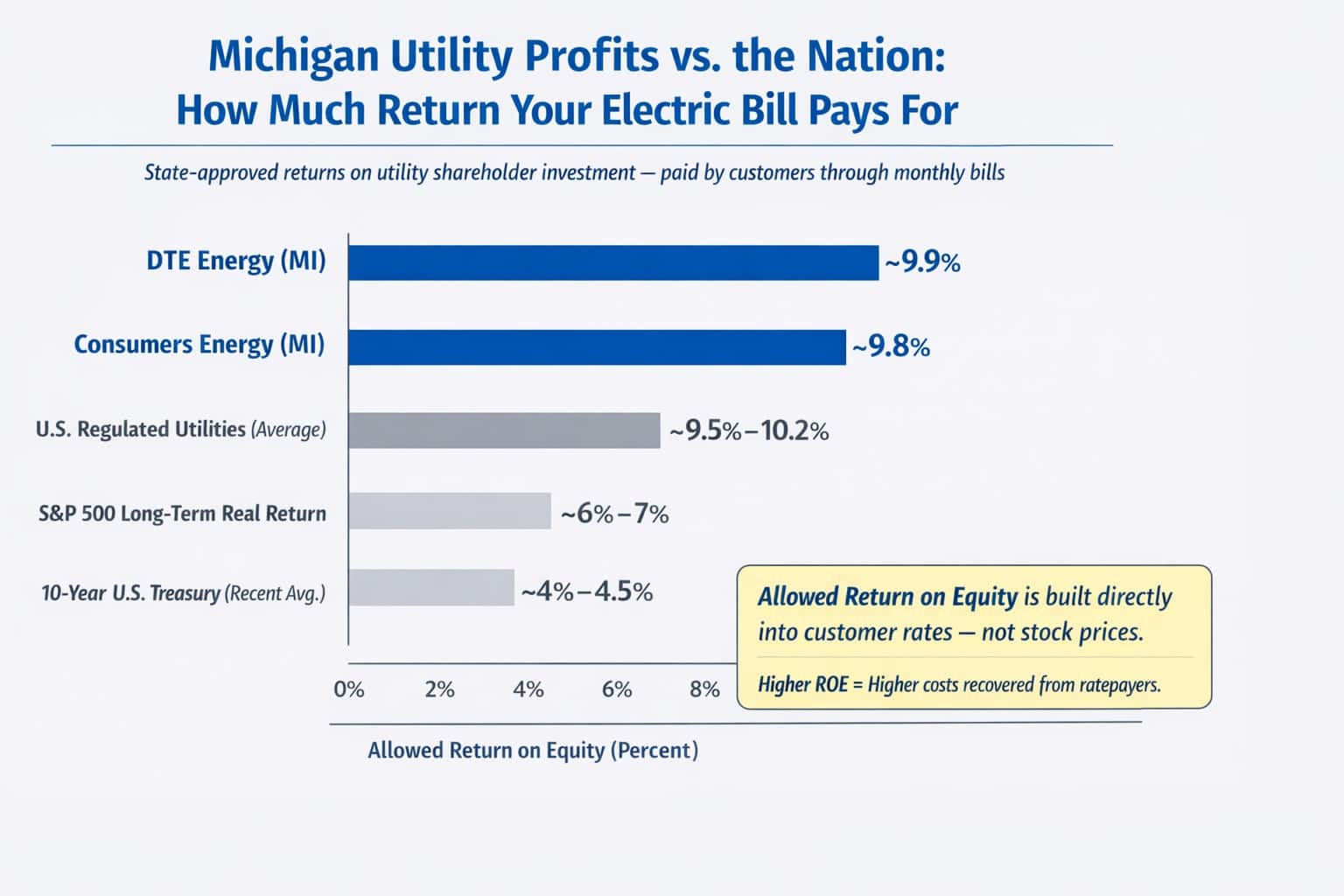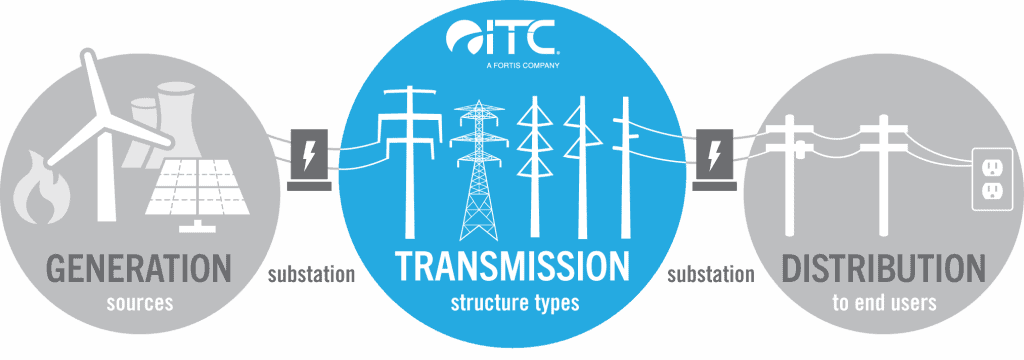LANSING – A bill that would allow a governmental unit to enter into an energy performance contract to produce savings in utility or operation and maintenance costs cleared the Senate Energy and Technology Committee on Tuesday with few no changes as it came over from the House.
The bill was reported 7-0 with Sen. Rick Jones (R-Grand Ledge) absent from committee and Sen. Howard Walker (R-Traverse City) abstaining from a vote.
Performance contracts allow municipalities to seek low-interest loans to front the cost of the energy upgrades and then repay the loans with the money saved on its utility bill. If the savings are not as much as the contractor guaranteed, the contractor pays the difference.
Under the bill, the Department of Technology, Management and Budget would become the lead agency for the development and promotion of a program of energy performance contracts in governmental units, a Senate Fiscal analysis of the committee substitute said.
“We’ve had a history of trying to drive for energy efficiency and this (bill) gives us another tool to be able to do this,” said Phil Jeffrey, chief deputy director for the department.
Walker expressed some concern over the notion that utilities were already assisting in customer energy efficiency and receiving incentives to do so, questioning the purpose of the bill (HB 5727 ).
“This helps us as a department and a state to get the right direction,” Jeffrey said. “We want to look at opportunities and ways to provide that energy savings. This legislation gives us a clear policy way of doing that … It’s helpful to have the clear policy direction as a department so that it outlives us, in terms of the administration.”
Donald Gilligan of the National Association of Energy Service Companies also spoke in support of the legislation, objecting that the bill was providing any kind of incentives.
“It’s quite important that the state enunciate a policy direction in support of performance contracting. This is not a situation where the bill will provide incentives on top of the utility incentives,” he said. “Rather, it provides the contracting mechanisms to be done efficiently and with the expertise the state needs.”
Gilligan estimated about $1 billion of energy efficiency improvements could be done in Michigan, which could translate into a bounty of construction jobs. The bill would also deliver improvements to the state’s public facilities, he said.
Under the bill, a governmental unit could contract with a qualified provider if the department determined that the anticipated savings would enable recovery of the costs of the work within 15 years or the average useful life of the measures.
Also, the bill requires an energy performance contract to require a qualified provider give the government unit an annual reconciliation of the guaranteed energy savings, and specify that the provider would be liable for any shortfall.
This story was provided by Gongwer News Service. To subscribe, click on Gongwer.Com






